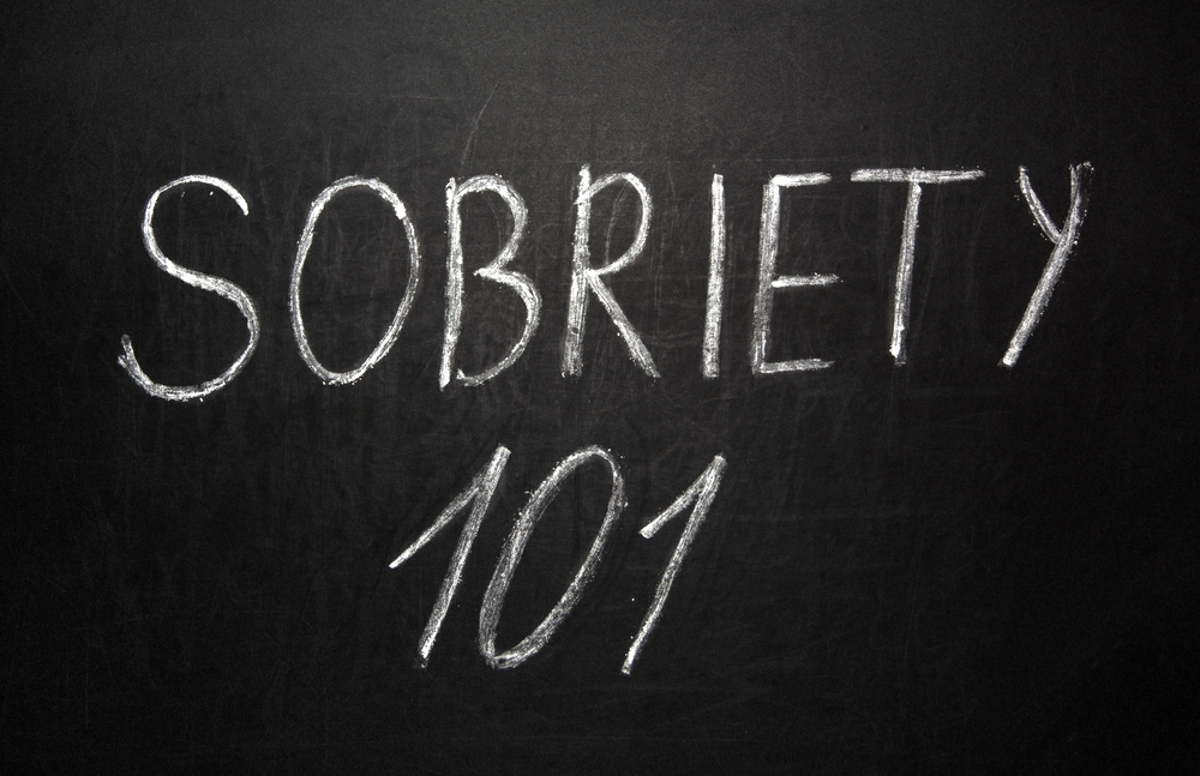
Long-term Sobriety: Tips for Success
Since this seems to be the day and age of AI – and since we’re still getting a kick out of the disruptor – we once again turned to Bard. Yes, some of the copy was cliche and clunky. And no, there were no revolutionary reveals. But when the subject is long-term sobriety, it’s probably be best to keep things simple. After all, simplicity hasn’t failed anyone yet.
So here’s a tweaked take on long-term sobriety, courtesy of the good folks at Alphabet Inc.
Long-Term Sobriety: AA Meets Bard
Long-term sobriety is a journey, not a destination. It’s the process of learning to live a healthy and fulfilling life without alcohol or drugs. There is no one-size-fits-all approach to the process, but there are some common steps. And yes, the best of those steps tie in with AA/NA.
Let’s check ‘em out:
1. Admit that you have a problem. Bard says the first step to long-term sobriety is admitting that you have a problem with alcohol or drugs. Bard also says this can be a difficult step, but that it’s essential.
Bard’s right of course. Quite right. But the AI tasker needs to go further. Sure, there’s an admission. But it’s not just admitting there’s a problem; it’s admitting being powerless over the problem. That allows surrender to enter the recovery equation, which is truly the first Step to long-term sobriety.
Bard’s right about another thing too: Once you admit that you have a problem, you can begin to take steps to address it.
2. Get help. There are many resources available to help people who are struggling with addiction. These resources can provide support, education, and treatment. There are also many 12-step programs, such as Alcoholics Anonymous and Narcotics Anonymous, that can help people achieve long-term sobriety.
Okay, and grass is green and oceans are blue too. There’s nothing new in the preceding paragraph, but that just might be the bright idea. People who are suffering from substance abuse need help. So what does Bard recommend? Get help. Sounds sensible enough to us.
3. Make a commitment to sobriety. Once you have decided to get help, you need to make a commitment to sobriety. This means that you need to be willing to make changes in your life and to put in the work necessary to stay sober.
Again with the same-old, same-old. And again the of course needs to go further. Much further. Yes, long-term sobriety requires you to “make a commitment to sobriety.” But those are just words. Commitment is a full-scale overhaul of all you hold near and dear. Bard alludes to it with “making changes” and “putting in the work.” But again, those are just words.
Here are some more words:
Wipe out each and every one of your recent yesterdays so you can start with a clean slate. After all, if everything you were doing turned out to be wrong…
4. Take care of yourself. It is important to take care of yourself physically and emotionally when you are trying to achieve long-term sobriety. This means eating healthy, getting enough sleep, and exercising regularly. It also means finding healthy ways to cope with stress and negative emotions.
Not much to add here. Yes, you knew this already. So did everyone else. But it never hurts to be reminded that healing begins when we stop hurting ourselves.
5. Build a support network. Having a strong support network is essential for long-term sobriety. This network can include family, friends, and other people who are in recovery. Your support network can provide you with encouragement, support, and accountability.
This is one of our specialties. See, Healing Properties has this courtyard. Some even swear it’s a magic courtyard. We won’t argue. After all, we’ve seen all kinds of magic happen right before our very eyes. It’s where sober-seekers generally first start to “get it.” And that’s generally because they’ve got a sponsor who’s well-versed in sobriety.
It’s all part of HP’s Recovered Alumni Program. And yes, it works wonders. Add the fact that Delray Beach is blessed with a thriving and ever-growing sober support network and those wonders never seem to cease.
6. Be patient. Long-term sobriety is not a quick fix. It takes time and effort to achieve and maintain sobriety. There will be setbacks along the way, but it is important to stay positive and keep moving forward.
Naturally. Sobriety takes a minute. A good long minute. So don’t get think you’ll blink and be sober. Yeah, we know. Getting high was all about now, now, now. We also know how many hours it takes for before that now to actually happen. If you can wait that long to hurt yourself, you can certainly spend some time on healing. Besides, instead of watching the clock and sweating; you’ll be watching the waves and smiling.
More, More, More
Bard had more to say, of course. But again, it was pretty much the same-old, same-old. So while we’re grateful for the spurs, they really didn’t add much to our giddy-up. Nevertheless, it’s still nice to have some good company on the ride.
How about you? Are you ready to take the sobriety ride? Could you use some good company? Then give us a ring. We’ve been helping men take the sober road since 2002. It’d be a downright honor to help you too. Really.